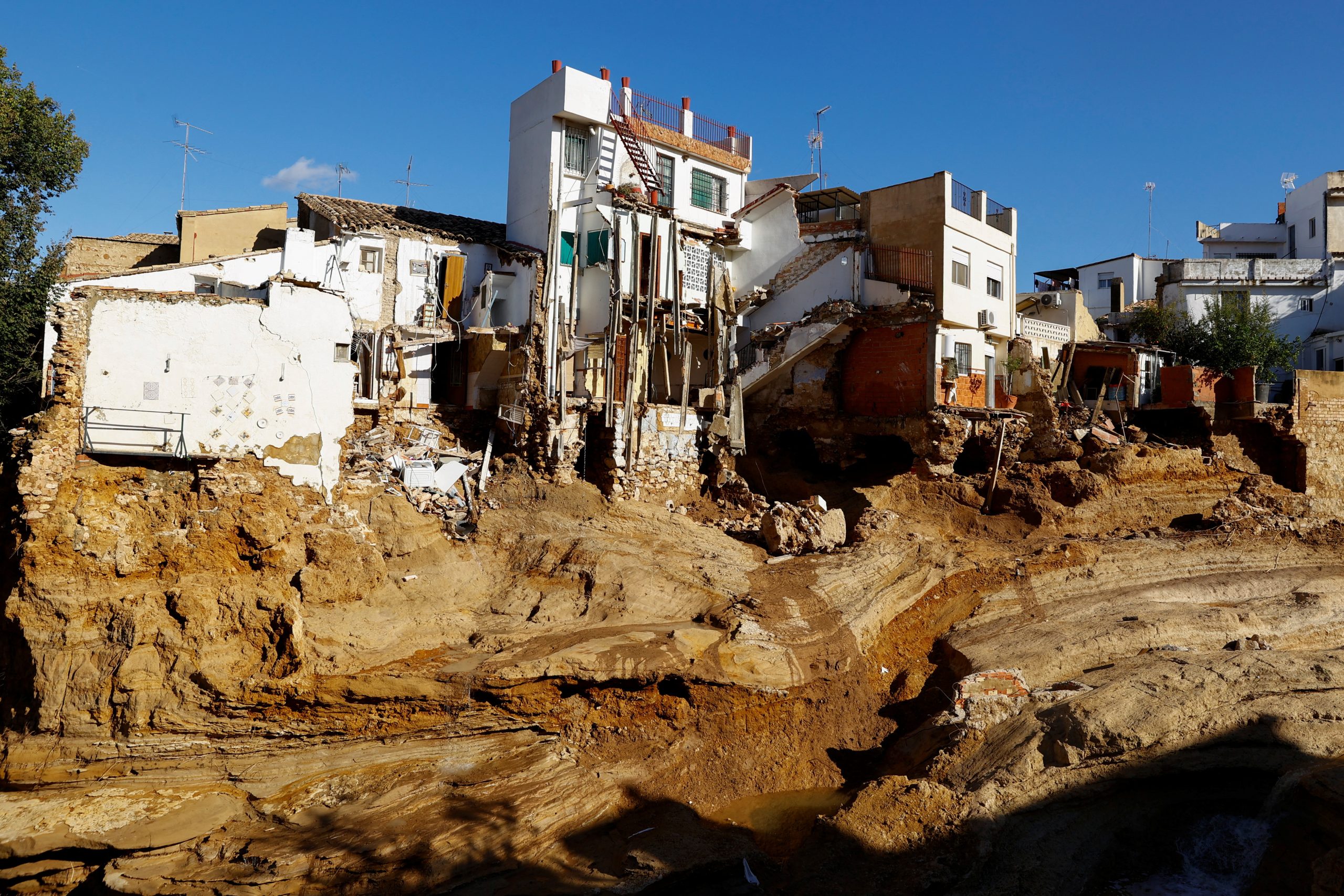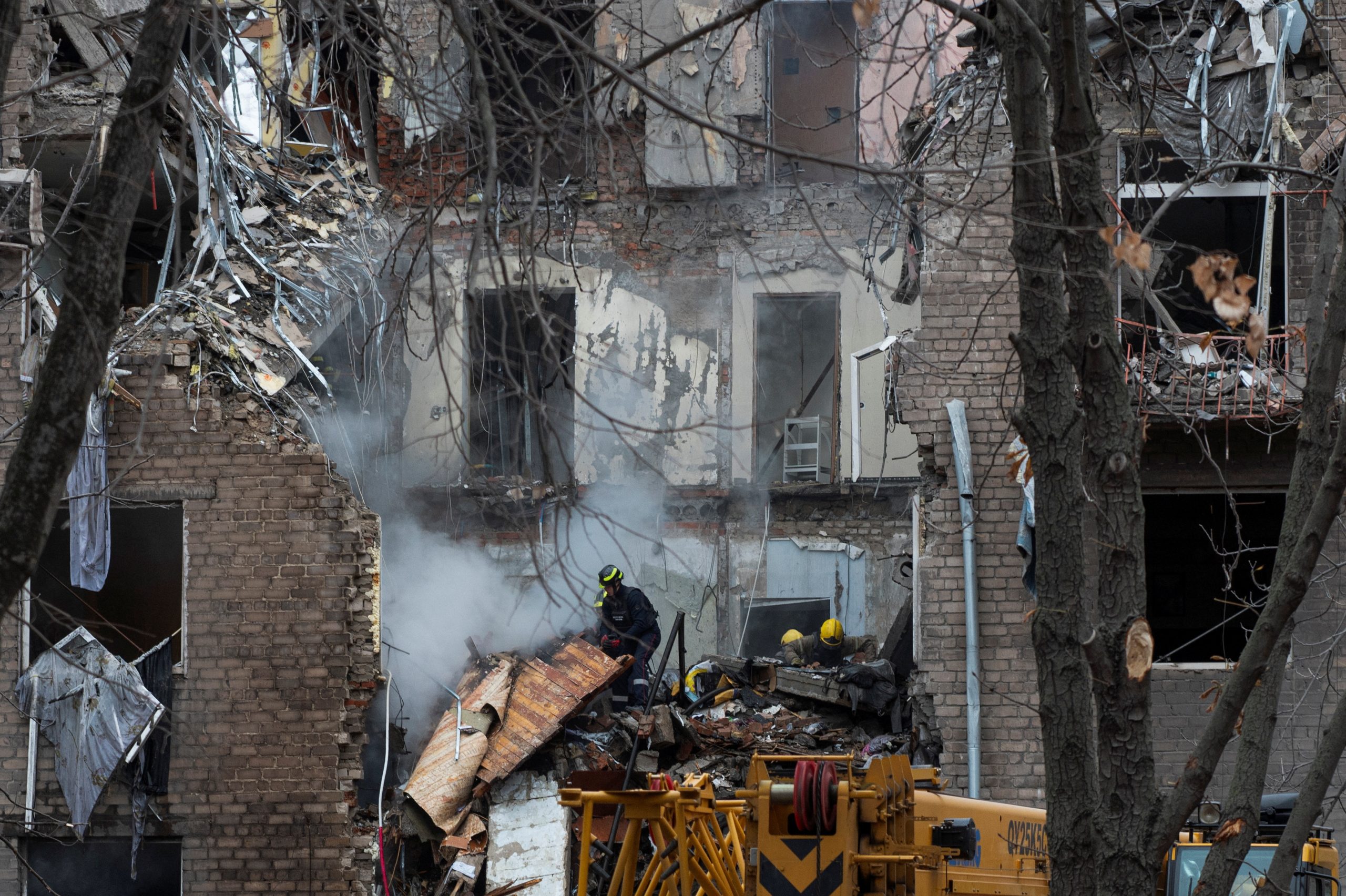In the aftermath of devastating floods that swept through Spain’s Valencia region, killing 223 people and leaving dozens still missing, a political crisis has erupted, exposing deep-rooted failures in Spain’s disaster response system. What began as a natural disaster has transformed into a furious public reckoning, as citizens, local leaders, and opposition figures accuse both the central and regional governments of botching critical emergency measures. With tensions running high, the floods have ignited a nationwide debate on accountability, government preparedness, and the price citizens pay when leaders fall short.
The floods, which began on October 29, brought a year’s worth of rainfall in just a few hours, turning Valencia’s streets into rivers and overwhelming local infrastructure. Residents in some areas reportedly received emergency alerts hours too late, leaving them unprepared for the scale of the devastation. In the worst-hit areas, entire neighborhoods were submerged, with homes and businesses destroyed and emergency services stretched to the limit. The delayed response has drawn the ire of citizens, who see the tragedy as a symptom of larger governance issues and are demanding answers from officials.
Public Outrage Boils Over as King and PM Face Backlash
As the death toll mounted, so did public anger. During a high-profile visit to the flood-ravaged town of Paiporta, King Felipe VI and Prime Minister Pedro Sánchez were met with jeers, mud-slinging, and chants of frustration from furious locals who accuse the government of failing to act swiftly. Scenes of residents openly defying security to voice their anger at the nation’s leaders underscore the depth of disillusionment in Valencia and beyond. This rare display of public outrage directed at the monarchy and government leaders reveals a growing frustration with what many see as bureaucratic mismanagement and complacency at the highest levels.
Critics argue that the failure to issue timely warnings was symptomatic of a broken system, where poor communication between local, regional, and national agencies left communities vulnerable. The political fallout has sparked a fierce blame game between Spain’s Socialist-led central government and the conservative-led regional administration, each accusing the other of inadequacies. While the national government points fingers at the local authorities for underestimating the storm’s impact, regional officials claim they were hindered by outdated national protocols.
Demand for Reform: A Wake-Up Call for Spain’s Disaster Response System
The Valencia disaster has become a watershed moment, prompting growing calls for a complete overhaul of Spain’s disaster response and emergency management systems. Experts and advocates are pushing for reforms, arguing that Spain’s current systems are outdated, fragmented, and unprepared for extreme weather events increasingly driven by climate change. “This isn’t just about Valencia; it’s about the entire country,” stated a prominent climate expert. “If we don’t take this opportunity to reform, the cost will be even higher in future disasters.”
The focus is now on Spain’s emergency protocols, with demands for a centralized and more responsive alert system that can quickly mobilize resources across regions. Some critics are calling for greater investment in infrastructure designed to mitigate the impact of severe weather events, such as improved drainage systems and flood barriers. Others point to the need for closer coordination between local, regional, and national authorities, arguing that the current system is too decentralized to respond effectively to fast-moving crises. For the people of Valencia, these reforms can’t come soon enough.
Spain’s Leadership Faces a Defining Moment
As Spain grapples with the aftermath of the floods and the mounting political crisis, the government faces a defining test of its ability to lead and protect its citizens. For Prime Minister Sánchez, the stakes are especially high as public confidence in the government’s crisis management capabilities has been shaken. Calls for an independent investigation are growing louder, with opposition leaders demanding transparency and accountability for the apparent systemic failures that exacerbated the tragedy.
The political repercussions of the floods could be long-lasting, impacting the government’s standing and influencing future elections. Analysts are already speculating that the crisis may become a rallying point for the opposition, which has been quick to use the incident as evidence of the ruling party’s perceived shortcomings. For Sánchez and his administration, regaining public trust will likely require swift, visible action – and a commitment to enacting the reforms that citizens are demanding.
A Turning Point in Spain’s Approach to Climate and Crisis Preparedness?
The Valencia floods have not only highlighted gaps in Spain’s disaster preparedness but also raised questions about the country’s readiness for future climate-related disasters. With scientists warning that extreme weather events are likely to become more frequent and intense, the tragedy has underscored the urgent need for Spain to adapt its infrastructure and response capabilities. Some experts argue that this crisis could mark a turning point, where Spain embraces a proactive approach to climate resilience, investing in preventive measures and bolstering emergency response.
For now, Spain’s leaders face the task of addressing the immediate devastation while contending with a storm of public criticism and political fallout. As Valencia rebuilds, the demands for accountability and reform continue to echo throughout the country, signaling that this disaster may be the catalyst for transformative change in Spain’s approach to governance, emergency management, and climate resilience. The world is watching as Spain’s leaders confront one of the greatest challenges of their administration – with citizens making it clear that they won’t accept anything less than action.
















